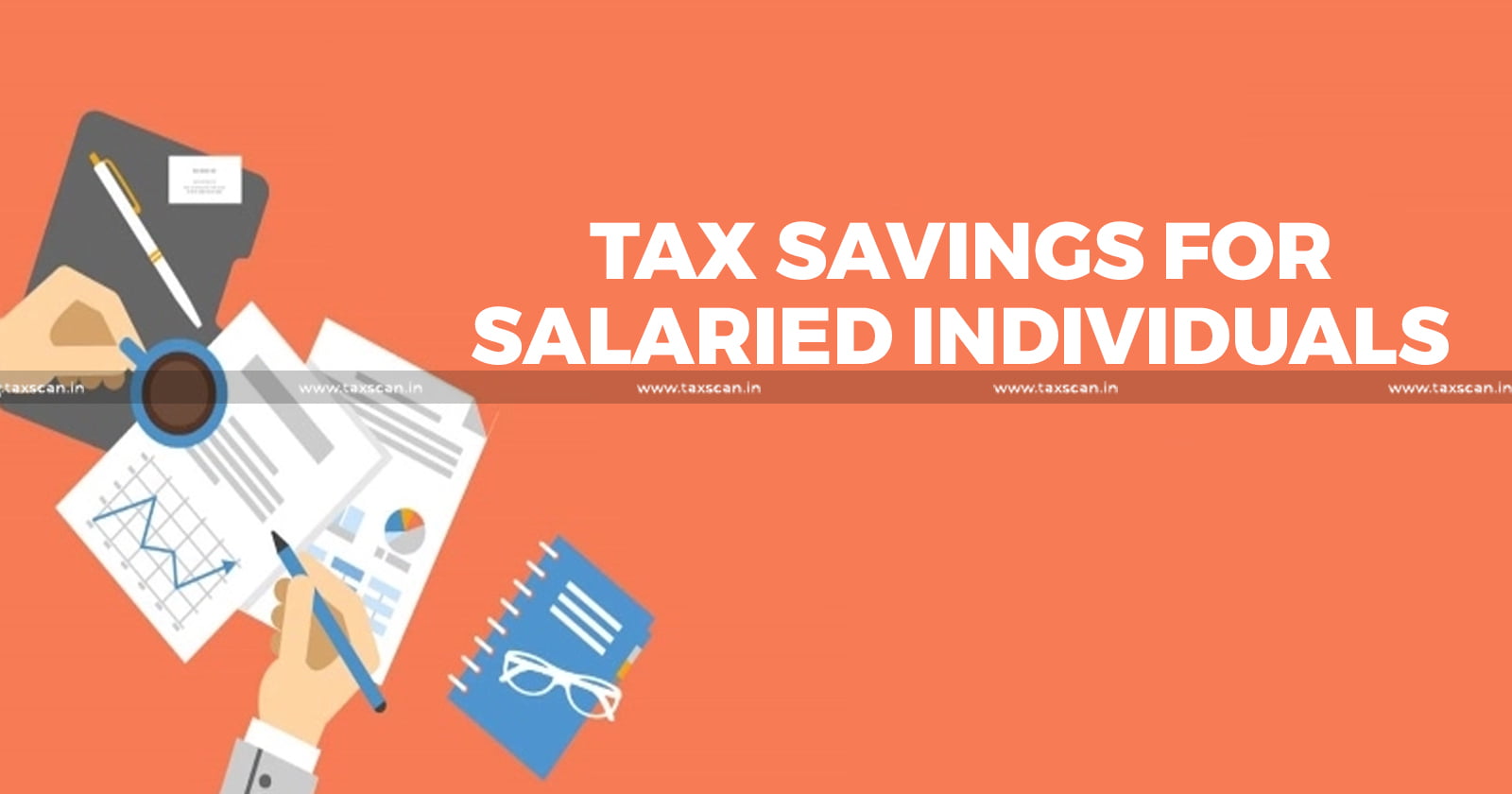Tax Planning for Self-Employed Individuals: A Comprehensive Guide
Tax planning is crucial for self-employed individuals to ensure they meet their tax obligations while minimizing their tax liability. Unlike traditional employees, self-employed individuals are responsible for managing their own taxes, including making estimated payments and keeping track of deductible expenses. This comprehensive guide will cover essential aspects of tax planning for the self-employed, from understanding tax obligations to maximizing deductions and credits.
Understanding Your Tax Obligations
Types of Taxes Self-Employed Individuals Must Pay
- Self-Employment Tax: This tax covers Social Security and Medicare taxes for self-employed individuals. The self-employment tax rate is 15.3% on net earnings, which includes 12.4% for Social Security and 2.9% for Medicare. Unlike employees, who split these taxes with their employers, self-employed individuals are responsible for the full amount.
- Income Tax: In addition to self-employment tax, self-employed individuals must pay federal income tax on their net earnings. The amount owed depends on their income level and tax bracket.
- State and Local Taxes: Depending on your location, you may also need to pay state and local income taxes. These rates vary widely, so it’s important to understand your specific state’s requirements.
- Estimated Tax Payments: Self-employed individuals must make estimated tax payments quarterly to cover their income and self-employment taxes. Failure to do so can result in penalties and interest.
Key Deadlines for Tax Payments
- Quarterly Estimated Tax Payments: Generally due on April 15, June 15, September 15, and January 15 of the following year.
- Annual Tax Return: Due on April 15 of the following year, unless you file for an extension.

Keeping Accurate Records
Importance of Record-Keeping
Accurate record-keeping is essential for self-employed individuals to substantiate income and deductions. Proper documentation helps in:
- Preparing Accurate Tax Returns: Having detailed records ensures you accurately report income and claim deductions.
- Avoiding Audits: Good record-keeping reduces the likelihood of IRS audits and penalties.
- Managing Cash Flow: Tracking expenses helps manage your business finances effectively.
Tools and Methods for Record-Keeping
- Accounting Software: Tools like QuickBooks, Xero, and FreshBooks help manage income, expenses, and generate financial reports.
- Spreadsheets: For those who prefer a DIY approach, spreadsheets can be used to track income and expenses.
- Receipts and Invoices: Store digital or physical copies of all receipts and invoices to substantiate your claims.
- Bank Statements: Regularly review and reconcile bank statements to ensure all transactions are recorded accurately.
Strategic Timing for Investments and Expenses: A Comprehensive Guide
Maximizing Deductions and Credits
Common Deductions for Self-Employed Individuals
- Home Office Deduction: If you use a portion of your home exclusively for business, you can deduct related expenses such as rent, utilities, and repairs. The deduction can be calculated using the simplified method or the actual expense method.
- Business Expenses: Deduct expenses directly related to your business operations, such as supplies, equipment, software, and professional services.
- Travel Expenses: Deduct expenses for business-related travel, including transportation, lodging, and meals. Maintain detailed records and receipts to substantiate these expenses.
- Vehicle Expenses: If you use your vehicle for business purposes, you can deduct mileage or actual expenses like gas and maintenance. Keep a log of business-related travel.
- Retirement Contributions: Contributions to retirement plans such as a SEP IRA, SIMPLE IRA, or Solo 401(k) are tax-deductible and can help reduce your taxable income.
- Health Insurance Premiums: Self-employed individuals can deduct health insurance premiums paid for themselves and their family, provided the policy is not provided through an employer.
- Education and Training: Expenses related to continuing education or professional development that directly benefit your business can be deducted.
Tax Credits for Self-Employed Individuals
- Credit for Increasing Research Activities: If your business engages in research and development, you may be eligible for a credit for increasing research activities.
- Small Business Health Care Tax Credit: If you provide health insurance to your employees and meet specific criteria, you may qualify for a tax credit.
- Credit for Employer-Provided Child Care Facilities: If you provide child care facilities for employees, you may be eligible for a credit.

Planning for Tax Payments
Estimated Tax Payments
To avoid underpayment penalties, calculate and make quarterly estimated tax payments based on your projected income. Use IRS Form 1040-ES to determine the amount due.
- Calculate Estimated Taxes: Estimate your annual income and expenses, then use the IRS tax tables to determine your liability. Adjust your estimates as needed throughout the year.
- Make Payments: Submit payments electronically via the IRS website or mail them using the payment vouchers included in Form 1040-ES.
Tax Planning Strategies
- Income Shifting: If possible, defer income to the following year or accelerate expenses to reduce your taxable income in the current year.
- Retirement Planning: Contribute to retirement accounts to lower your taxable income. Evaluate different retirement plan options to maximize your contributions.
- Expense Timing: Consider timing your business expenses to maximize deductions. For example, prepaying expenses or making large purchases before year-end can increase your deductions.
- Hire a Tax Professional: Consult with a tax advisor or accountant to develop a tailored tax strategy, especially if your financial situation is complex.
Maximizing Tax Deductions and Credits: Strategies for Reducing Your Tax Bill
Handling Audits and Disputes
Preparing for an Audit
- Maintain Accurate Records: Ensure all documentation is complete and organized.
- Understand the Audit Process: Be familiar with the IRS audit procedures and know your rights.
- Respond Promptly: If contacted by the IRS, respond quickly and provide requested information.
Dispute Resolution
- Request a Conference: If you disagree with an audit outcome, you can request a conference with an IRS appeals officer.
- Seek Professional Help: Consider hiring a tax attorney or CPA specializing in tax disputes to represent you.
Tax planning is a critical aspect of managing a self-employed business. By understanding your tax obligations, keeping accurate records, maximizing deductions and credits, and planning for tax payments, you can effectively manage your tax liability and focus on growing your business. Regular consultation with a tax professional can further ensure that you are optimizing your tax strategy and complying with all tax regulations.

Staying proactive and informed about your tax responsibilities will not only help you avoid costly mistakes but also allow you to take full advantage of the benefits available to self-employed individuals.




Post Comment